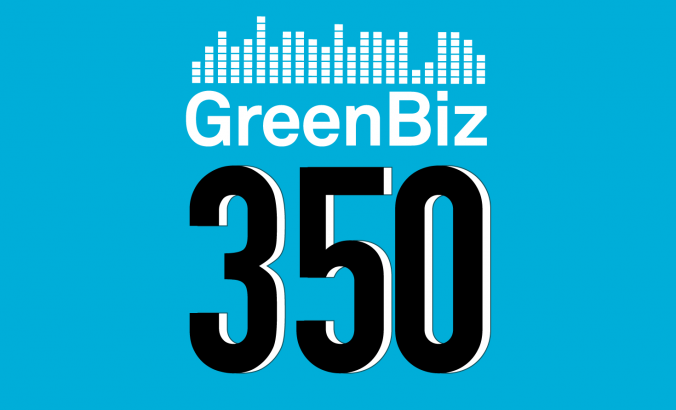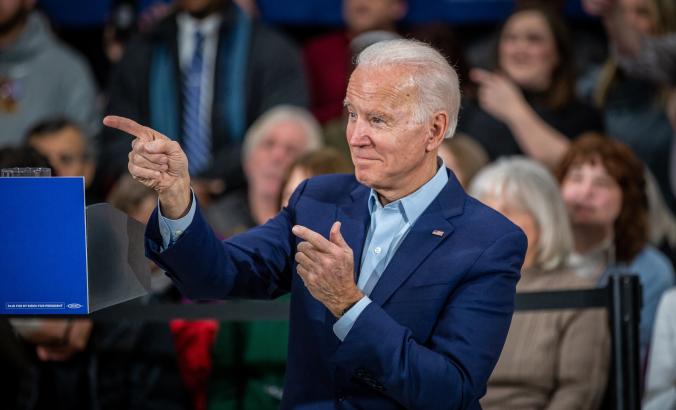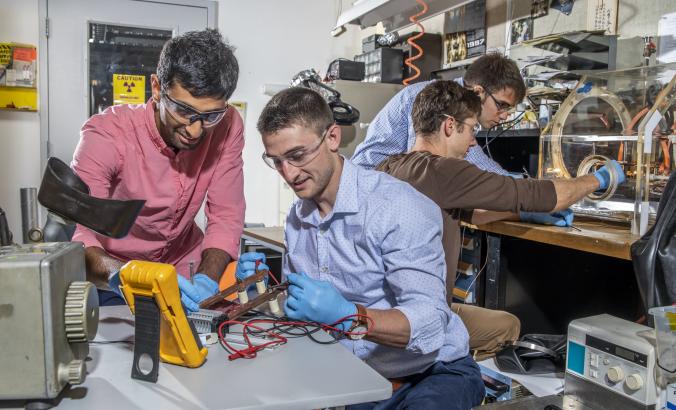Did you know Apple co-founder Steve Wozniak (aka Woz) has a cryptocurrency named after him? Here’s the backstory.
A mere three years ago, my inbox was bloated with news about startups such as South Africa’sSun Exchangeor Estonia’sWePoweror Australia’sPower Ledgerfocused on "democratizing" the ability of individual investors to back solar projects, often in emerging markets or communities off the grid or radar of traditional financers.
The common denominator underlying these ventures is blockchain, a digital ledger technology used fordozens旨在解决气候变化的有趣公司申请 - 从供应链追踪,购买和交易碳信用额。
And now you can add energy efficiency financing to the list of crypto-enabled crowdfunding opportunities, in the form of a new company co-founded by Wozniak.
The mission ofEfforce在意大利和马耳他的运营是为能源效率项目提高资本,这是企业脱碳的最潜在影响的方式之一,如果不像媒体 - 性感,就像购买到太阳能或风能装置一样。
According to the International Energy Agency (IEA),more than $250 billion in financing去拖ard energy efficiency initiatives in 2019, but at least double that amount is needed by 2025 to keep the world progressing toward the mitigation goals of the Paris Agreement.
这次推动不能成为一个人的战斗。它需要从我们所有人那里一起进行复制这种效果,使其成为我们寿命的现实。
In most cases, the challenge is the upfront financing that energy services companies (ESCOs) typically need to get a project off the ground — the equipment alone to retrofit a building or industrial facility with power-sipping alternatives such as LED lighting, insulation or new manufacturing equipment easily can cost $200,000, according to Efforce’s estimates.
To help fund more projects, Efforce will use a web marketplace to verify and list proposals, and to create a performance contract used to track the results. Next, the opportunities will be listed and would-be backers can buy into them using Efforce’s currency, called the WOZX token. Over time, the project results will be measured through smart meters and project owners will receive energy credits (measured in megawatt-hours) that can be cashed out or traded.
"This push can’t be a single person’s battle. It needs to come from all of us together to compound this effect in such a way that it becomes a reality over our lifespan," says Woz in the marketing video on the Efforce website.
"In these difficult times, many small companies are struggling," said Efforce co-founder Jacopo Visetti, in a statement. "Efforce allows business owners to safely register their energy upgrade project on the web and secure funding from all types of investors around the world. The companies will then have more available cash to use for other critical projects such as infrastructure or hiring."
Visetti previously foundedAitherCO2能源服务公司在意大利,所以I wasn’t really surprised to learnthat Efforce plans to handle some of the initial projects itself before it opens things up to other partners.
Efforce’s official launch last week — the venture was rumored more than a year ago, but market turmoil delayed initial funding — created a stir: Even before listing a single project, the company’s tokens were trading at $1.55 Monday afternoons (up from 22 cents at its listing). The company has raised $18 million from private investors, at a valuation of $80 million.
Given the relatively modest scale of this venture, it will take the creation of many, many more companies such as Efforce to address a gap of the size that the IEA has identified. What’s more, the appetite for investments of this nature in a COVID-19-ravaged economic climate with lots of empty commercial buildings is unclear.
But the model it has set forth — sidestepping a massive upfront capital expense — is right for the times.





